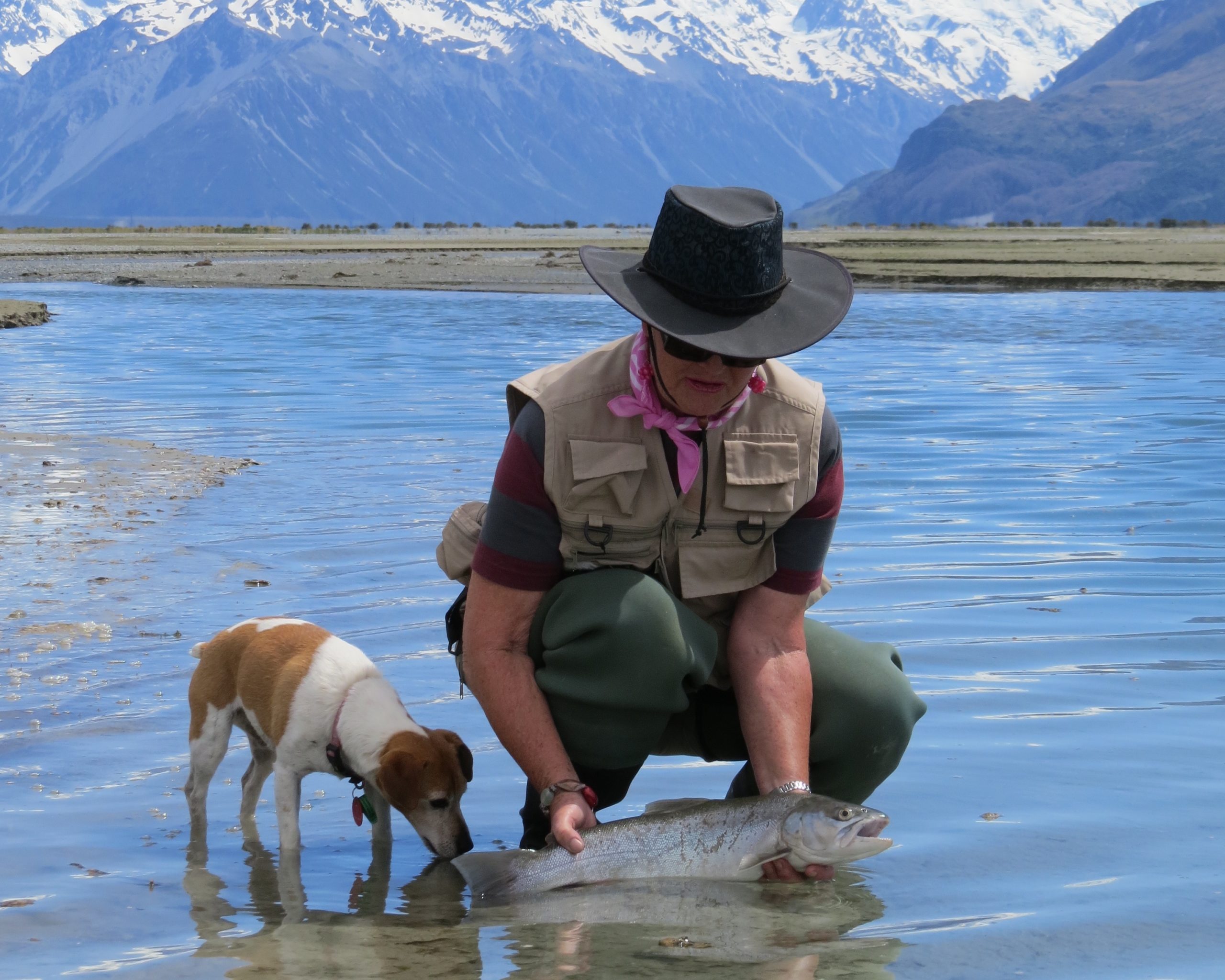by Rex N. Gibson
The fact that the government has now recognised there are at least 723 contaminants in our groundwater should worry every New Zealander. It is not surprising to Ecologists working in this area, that pesticides, pharmaceuticals and industrial waste top the list.
It is a poor report for all past governments elected since the upsurge in industrial farming following the neo-liberal economic shifts of the 1980s.
The country’s loose drinking water standards have failed to account for much of the chemical warfare which has been waged against our previously static, and in a few cases improving, natural environments of the 80s. The ecological guidelines that government agencies used seem only to have been concerning those contaminates highlighted by community groups.
The new “emerging” contaminants have been there for some time but governments’ responses have sadly primarily been reactive rather than proactive.
Glacial Speed
The report, recently published, looked at four issues:
* threats to native freshwater species and ecosystems
* polluted water in urban, farming, and forestry areas
* how changing water flows affect freshwater
* how climate change is affecting freshwater
These are in fact the thrust of groups like the NZ Federation of Freshwater Anglers (NZFFA), CORANZ, Green Peace, etc. over recent years.
These are issues that the self-perpetuating public service has approached with only glacial speed.
Our Freshwater 2020 said most rivers and lakes in urban, farming and forestry areas were polluted. This is an ecological crisis at Level 4 that requires its own lockdown and controls; particularly with chemical usage.
The doubling of irrigated land has put Canterbury in the limelight with 70% of the total irrigation occurring there. When combined with potentially lethal levels downstream of nitrates and phosphates the health effects are already seriously concerning medical authorities especially around Ashburton.
NZFFA Sampling
Recent sampling by NZFFA showed many bore water supplies at, or near, nitrate levels deemed unsafe by both NZ and international standards.
The Our Freshwater 2020 report included new insights on the health of freshwater ecosystems, heavy metals in urban streams, consented water takes, and expected changes due to climate change. These may be called new insights but they are issues that CORANZ, NZFFA, and Greenpeace, etc. have been drawing attention to for some time.
It is time for politicians to wake up and smell not only the roses but the water also.
Footnote: Rex N. Gibson is a Christchurch based ecologist.
<c> We need to act now instead of current “glacial speed” to restore the country’s degraded rivers

